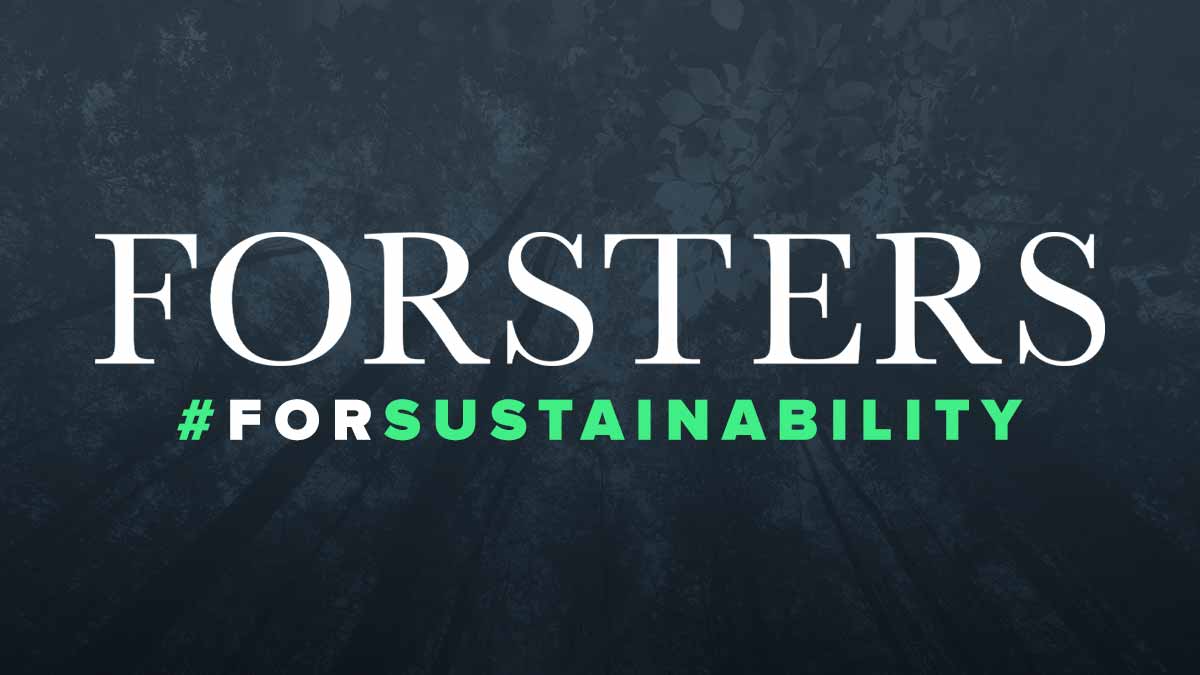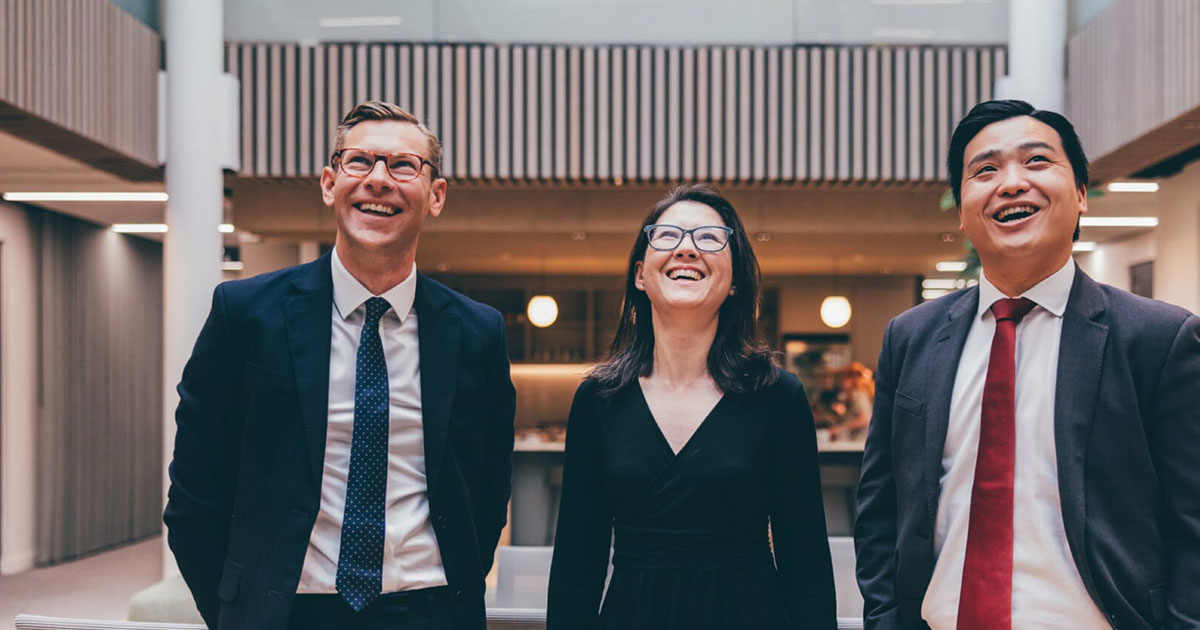The Chancery Lane Project – Lawyers taking direct action over climate change

Forsters are supporting The Chancery Lane Project – a pro bono collective effort by lawyers to develop new drafting for contracts and laws to help fight climate change.
The Chancery Lane Project is an organisation which is driving direct action in respect of climate change by coming up with standard form green clauses in legal contracts. The rationale being that contracts underpin economic relationships and the inclusion of green clauses will have a more immediate effect than related climate change legislation, which can take a long time to enact.
In commercial transactions the starting point for any negotiation is influenced by custom. If greener clauses become more familiar and we talk about those with our clients, then together we can help create new market norms. Many of our clients have internal climate conscious or carbon reduction policies and environmental risk is increasingly influencing investment decisions, so it makes sense on many levels to tackle this issue.
Real estate – greener drafting?
A lease or development agreement that is completed today may be in place for years to come. Both the embodied carbon and the operational carbon emissions associated with that property can be significantly influenced by the original contracts.
Members of the Forsters Commercial Real Estate team have worked as part of the Chancery Lane Project on various collaborative cross-firm efforts.
This includes:
- The drafting of model clauses concerned with encouraging sustainable and circular economy principles in carrying out repairs and alterations under leases. These clauses are designed to encourage landlords and tenants alike to reuse existing materials or to use recycled, reclaimed or sustainable materials in carrying out alterations or repair works. The model clauses will also help landlords and tenants to consider the lifespan of a product, design or construction, reducing the amount of waste going to landfill and reliance on natural resources.
- The drafting of model service charge clauses. It is usually difficult for landlords to recoup the cost of making environmental improvements to a building through the service charge (as service charge costs do not usually extend to improvements unless an item requires renewal as it is beyond economic repair) and this prevents landlords from making their buildings more energy efficient. The model clauses are intended to enable landlords to include improvement of the environmental performance of a building in the service charge costs (where such works are not necessarily required) in a move towards net zero emissions.
- The provisions also encourage landlords to use sustainable procurement in providing services, promote the use of reused, recycled and reclaimed materials, and enable landlords to install renewable energy solutions and metering to track energy consumption. The clauses will also help landlords to implement a strategy to reduce reliance on natural resources and the amount of waste going to landfill, and encourage co-operation between landlords and tenants to maximise energy efficiency of buildings.
- Attending the Chancery Lane Project’s “Real Estate: Built Environment” event series to collaborate on developing clauses that support the built environment’s transition to net zero emissions. The clauses discussed fell under the following principle themes: investment (commercial and residential), development and lending.
Action achieved so far
In the first year of the project a total of 5,000 pro bono hours have been donated (worth about one and a half million pounds in fees) and 115 organisations have been involved across 60 countries.
Download a PDF version of this article
Our Sustainability Hub
Our sustainability hub brings together the team’s insights and legal expertise on a broad range of environmental matters that affect our clients’ business and personal affairs. This is a rapidly evolving and wide-ranging area of law and we will continue to share our insights about related legal developments on this hub.





